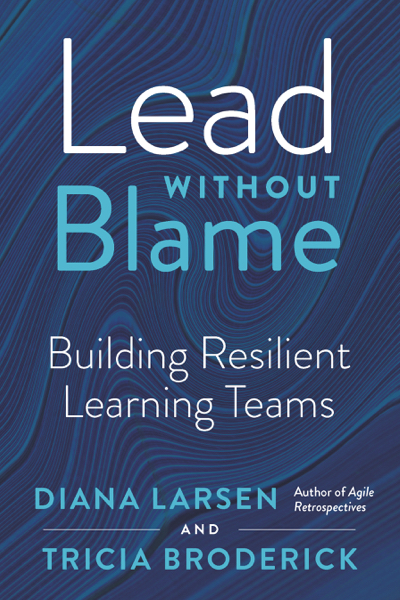Recently, we announced that we are now approved to provide the Advanced ScrumMaster certification through Scrum Alliance. Our first pilot ACSM course occurred at the end of January in Denver. So in the spirit of transparency and practicing what you advise others…here’s my public overall course (not specific modules) retrospective notes:
Liked
- As expected, the training from the back of the room was impactful to the learning experience.
- That all of the materials and generally the exercises went without any major glitch.
Loved
- We built this course with several AFA team members. With this came new concepts, exercises and co-training opportunities. I’m looking forward to co-training with Henry again.
- Received confirmation that facilitation skills are assumed known – but after learning the framework and a variety of tools to aid in many of the “people problems” that exist in teams, the impact is great.
- 90% of the concepts we selected were fresh ideas/tools to the attendees.
Lacked
- Digestibility – parts of the course had a firehose feel to them. (We’ve done some reordering and incorporated a thread throughout to aid in this for future courses.)
- General Scrum problems section. We made this course very focused on facilitation – so this got lost in the mix but might be an expectation for some. (We’ve incorporated a challenges board so we can directly weave those problems into the content of the course.)
Learned
- We have to be very clear up front that co-training means attendees get to experience and learn from multiple viewpoints. During the class, Henry highlighted a technique “fast friends” that I would never use. This gave the impression that we were not in sync vs the reality that “bringing yourself” to which tools you would use is important.
- Assuming people have a strong base knowledge of Scrum is a bad one. Even though a CSM is required, organization implementations of Scrum is not always aligned with the Scrum Guide. This results in much confusion. For example, we ended up having to go into quite a bit of training about Definition of Done in the ACSM because everyone didn’t have the same understanding.
Overall, I would give our first pilot run an A-. One module went sideways but other than that, our content, timings, materials, points, etc – hit the mark. Most importantly, the feedback from attendees was positive. Now with all the changes/improvements we have made to the course in the past week, I can’t wait to knock the next out of the park!
What would you want to be covered in an ACSM?





One Comment